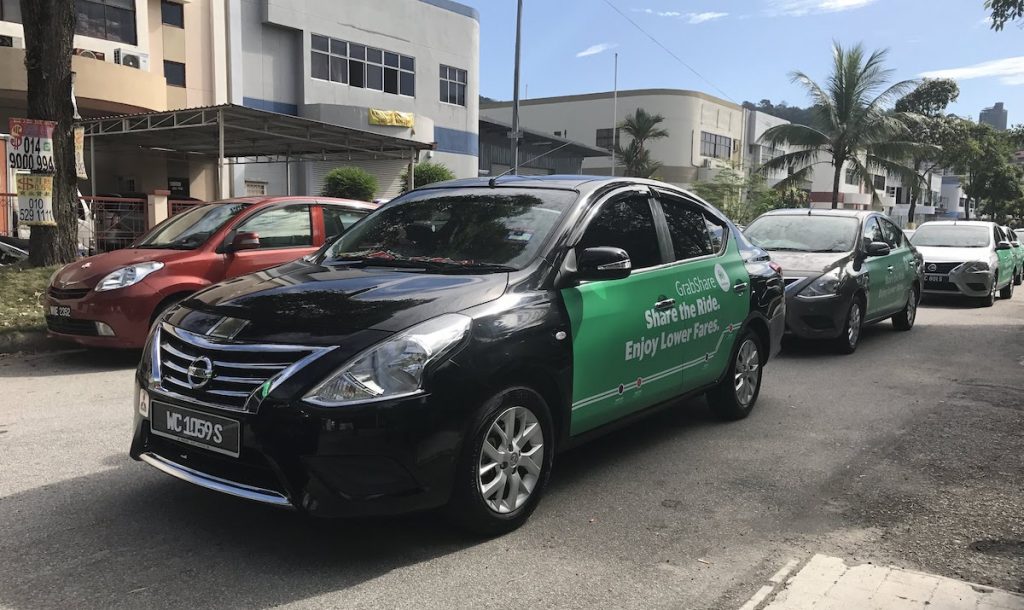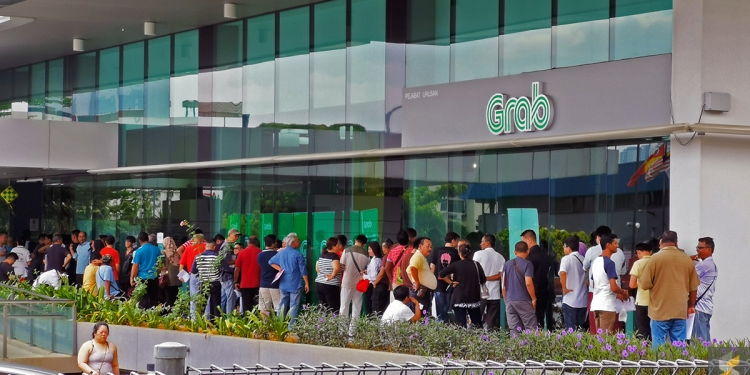The Malaysian E-Hailing Drivers Association (MeHDA) has recently released a statement that is asking for leeway from the Ministry of Transport over new requirements for e-hailing drivers; the date for enforcement of regulations starts from October 12.
MeHDA President Daryl Chong says that the outcome of a meeting on the 4th of October—which involved representatives from the Transport Ministry, JPJ, APAD, and e-hailing operators (EHOs)—came as a surprise. E-hailing drivers now have 2 new requirements to fulfil by the aforementioned deadline: One, to convert their vehicle categories from individual private vehicle (AB) to e-hailing private vehicle (AH), and two, to have a physical e-hailing vehicle permit (EVP).

“Drivers are concerned that the change will affect the resale values of their cars. If the government’s intention is to keep track of the number of e-hailing vehicles, they should be able to do so via the issuance of the e-hailing vehicle permit (EVP).”
Despite that, Chong says that drivers have been unable to complete the conversion process at JPJ offices throughout Malaysia, with JPJ unable to process their applications due to a number of reasons. As such, MeHDA is asking for leniency for e-hailing drivers once the October 12th deadline hits, although they aren’t asking for an extension of the deadline.
“The time between the announcement of the new requirements and the enforcement date was too close that it is outright unfair to compel drivers to comply under such short notice. Also, the mad rush and long queues at JPJ offices nationwide will only further compound the situation. Is this proper or even necessary in the name of ‘regulating the e-hailing industry?'”
Currently, there are around 167,000 e-hailing drivers in Malaysia, with 30% of them expected to quit due to new regulations. Out of the remaining 117,000 drivers who want to continue with the job, it is estimated that only 80,000 will be PSV and EVP compliant come October 12.
If the Ministry enforces these new requirements on the 12th of October, MeHDA estimates that only 10% out of the 80,000 e-hailing drivers to be able to go on the road legally come October 12.








